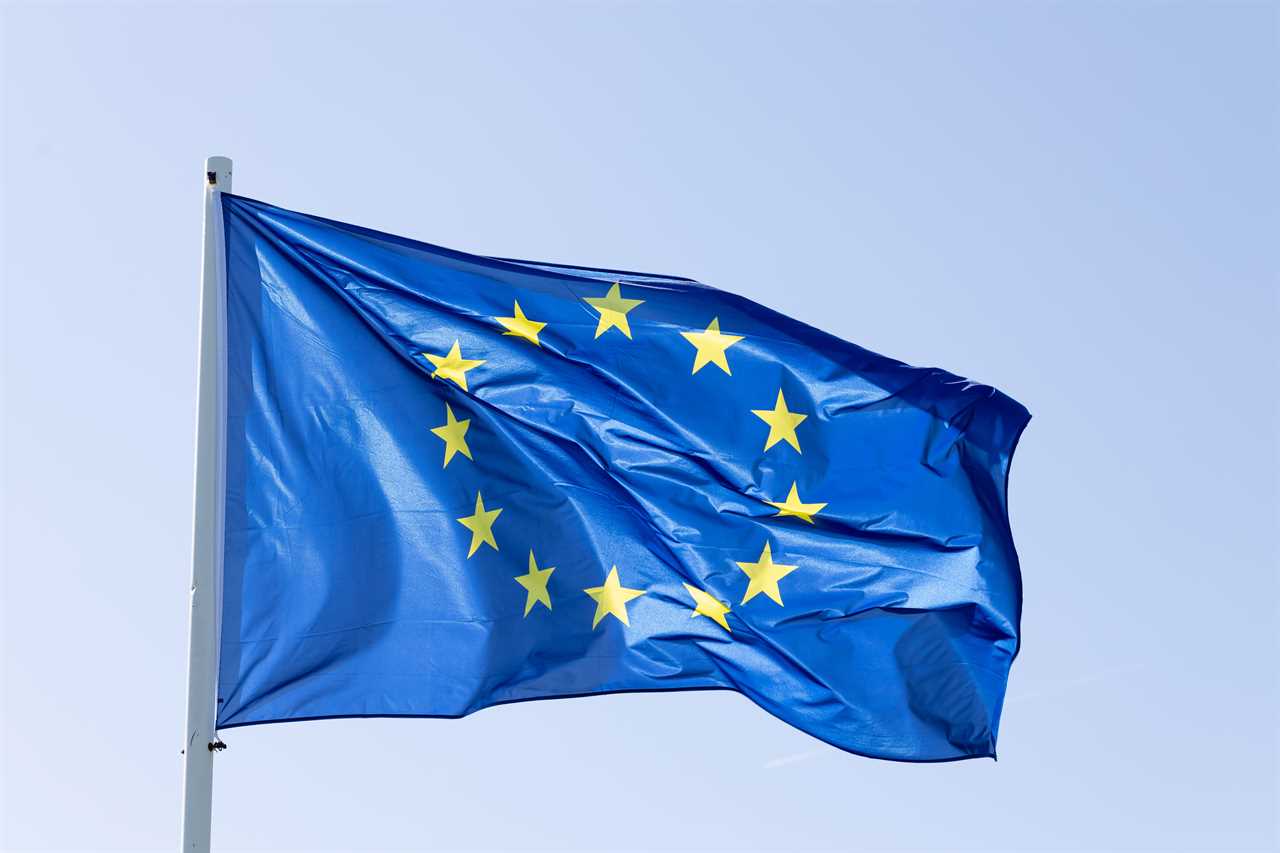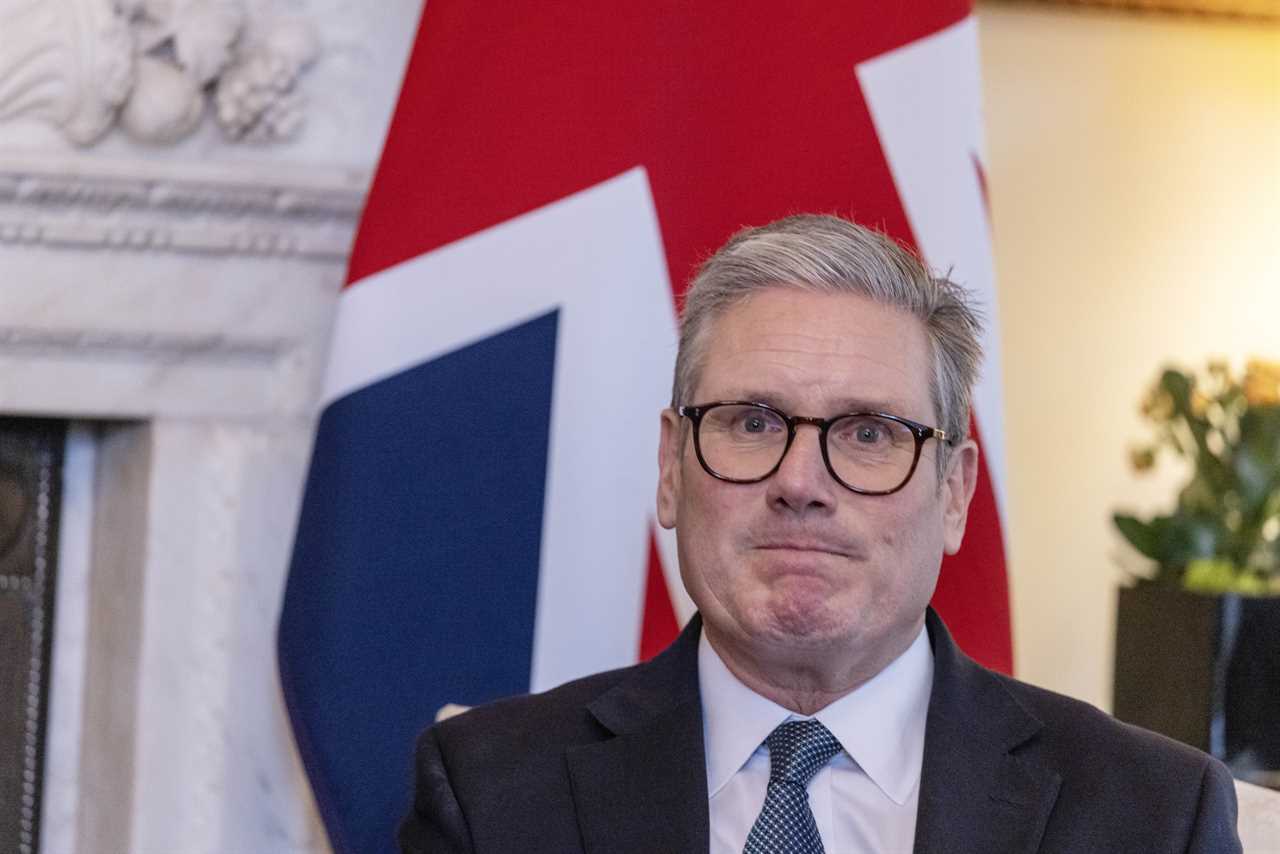
In the ongoing aftermath of Brexit, tensions rise as Germany advocates for a youth visa programme that would permit young EU migrants to reside and work in the UK. This proposal, deemed a Brexit betrayal by some, has sparked a contentious debate regarding the future of migration policy in Britain. The pressure from Berlin underscores the delicate balance between national sovereignty and international cooperation in a post-Brexit landscape, raising critical questions about labour markets, youth opportunities, and the broader implications of EU-UK relations.
The wider context: Balancing Sovereignty and Cooperation
As Germany pushes for a youth visa scheme, concerns mount over the potential impact on British workers and the integrity of the UK's post-Brexit immigration framework. While proponents argue that such a programme could enhance cultural exchange and economic growth, critics, including Tory leader Kemi Badenoch, caution against unintended consequences. The debate reflects deeper anxieties about the trade-offs between national autonomy and the benefits of cross-border mobility, highlighting the complexities of post-Brexit policymaking.
Examining Labour Dynamics and Migration Realities
The rhetoric surrounding the youth visa proposal reveals underlying tensions around labour, skills, and competition in the UK job market. The fear of young, unskilled migrants displacing British workers underscores broader anxieties about job security and economic inequality. However, advocates for the scheme argue that it could address labour shortages in key sectors and contribute to a diverse, dynamic workforce. This clash of perspectives illuminates the intersecting concerns of economic protectionism and the need for a flexible, inclusive labour market.
Global Perspectives on Migration and Integration
Amidst the Brexit U-turn fears, the debate over EU youth migration resonates within a broader global context of migration governance and integration policies. The discussions between the UK and the EU signal a potential shift towards closer collaboration on security matters, underscoring the interconnected nature of contemporary geopolitical challenges. As countries navigate the complexities of migration management and transnational cooperation, the youth visa proposal serves as a microcosm of larger debates surrounding identity, mobility, and shared responsibilities in an increasingly interconnected world.

Ultimately, the debate over allowing young EU migrants to live and work in post-Brexit Britain encapsulates the multifaceted nature of contemporary migration politics. As policymakers grapple with competing priorities and societal expectations, the need for a nuanced, inclusive approach to migration governance becomes increasingly apparent. The delicate balance between national interests and international commitments requires thoughtful consideration and informed dialogue, reflecting the broader complexities of a post-Brexit Europe seeking to redefine its relationship with its neighbours.
Did you miss our previous article...
https://trendinginthenews.com/uk-politics/nigel-farage-calls-for-minister-for-deportations-amid-critique-of-multiculturalism






